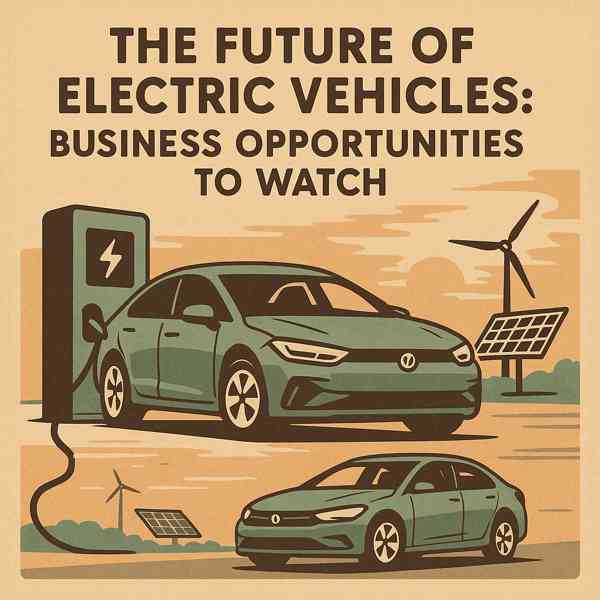
With zero emissions and cutting-edge technology, EVs are quickly becoming a future standard for personal and commercial travel.
As battery technology improves and infrastructure expands, owning an electric vehicle has never been more appealing.
The Basics of Electric Vehicles
Electric vehicles are powered entirely by electric motors, rather than traditional internal combustion engines.
What powers EVs:
- Replaces the internal combustion engine
- Stores the electrical energy
- Power electronics
- Charging system
Electric vehicles come in various types, such as battery electric vehicles (BEVs)—each with different levels of electrification.
Why Choose an EV?
The rise of electric vehicles is fueled by their clear advantages.
Major benefits include:
- Reduced maintenance needs
- Environmental sustainability
- Less noise and vibration
- Rebates and subsidies in many regions
For eco-conscious and cost-aware drivers, electric vehicles are an increasingly responsible choice.
What to Know Before Buying an EV
Understanding the limitations of electric vehicles will help you make an informed decision.
EV challenges to consider:
- read more May require more frequent charging
- Charging infrastructure gaps
- More expensive upfront than comparable gas models
- Replacement can be costly without warranty
As technology advances and infrastructure improves, many of these challenges are becoming easier to manage.
Exploring EV Variants
EVs vary by power source, range, and usage.
Categories of electric vehicles:
- Fully electric with no gas engine
- Plug-in Hybrid Electric Vehicles (PHEVs)
- Hybrid Electric Vehicles (HEVs)
- Fuel Cell Electric Vehicles (FCEVs)
Each type has its pros and cons, so buyers should understand the differences.
EV Charging and Infrastructure
There are multiple charging levels and methods depending on your daily usage.
How EVs get recharged:
- Standard household outlet
- 240V outlet at home or public stations
- DC Fast Charging
- Still in development or premium models
As public charging networks expand, EV owners will enjoy even more accessibility and peace of mind.
Where the EV Market Is Heading
As governments push for cleaner energy and manufacturers invest in innovation, the future of EVs looks bright.
Where EVs are going:
- Longer range and safer performance
- Using EVs to support the power grid
- Autonomous electric vehicles
- Making EVs accessible to all drivers
As innovation continues, EVs will become more mainstream and essential.
Conclusion
Electric vehicles represent a major shift in how we think about energy use.
From environmental benefits to cutting-edge tech, electric vehicles offer a exciting alternative to traditional cars.
Comments on “Exploring Electric Vehicles: Why EVs Are Taking Over”